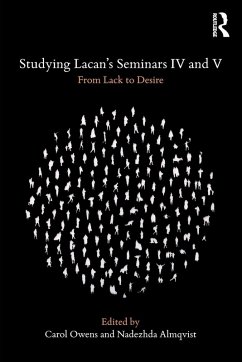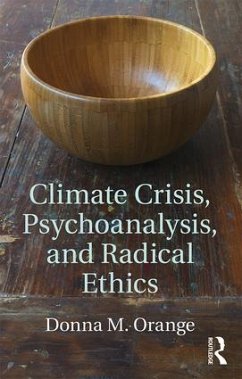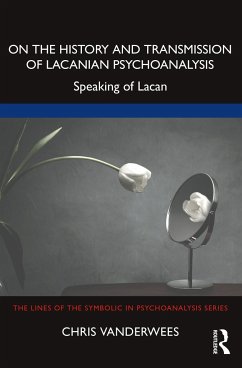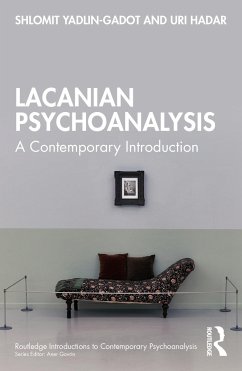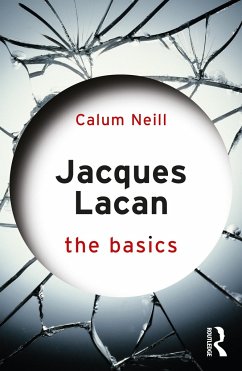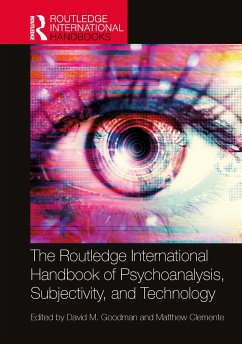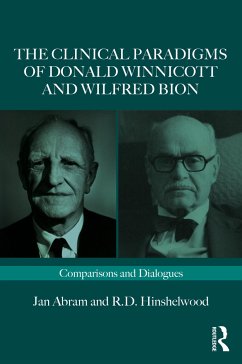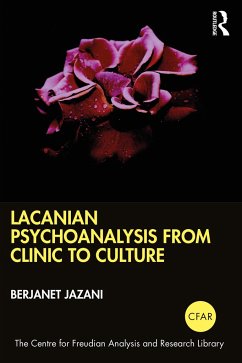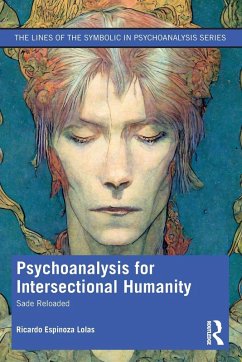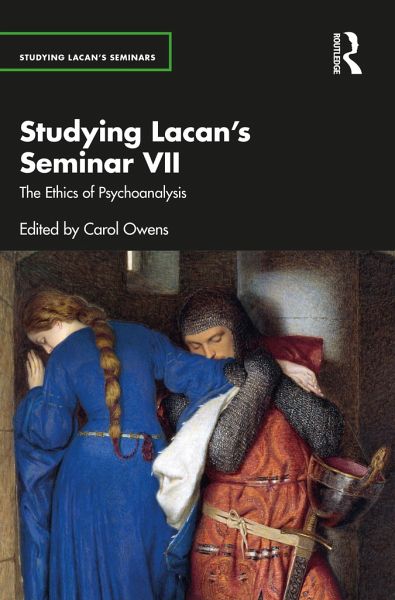
Studying Lacan's Seminar VII
The Ethics of Psychoanalysis
Herausgegeben: Owens, Carol
Versandkostenfrei!
Versandfertig in 6-10 Tagen
37,99 €
inkl. MwSt.
Weitere Ausgaben:

PAYBACK Punkte
19 °P sammeln!
Studying Lacan's Seminar VII offers a contemporary, critically informed set of analyses of Lacan's ethics seminar and astute reflections about what Lacan's ethics offer to the field of psychoanalytic thought today.The volume interrogates the seminar with fresh voices and situated curiosities and perspectives, making for a compellingly exciting range of explorations of the crucial matters related to an ethics of psychoanalysis. The chapters question and tease out the paradoxes Lacan draws attention to in his seminar of 1959-1960, and in addition, they offer radical engagements with the seminar ...
Studying Lacan's Seminar VII offers a contemporary, critically informed set of analyses of Lacan's ethics seminar and astute reflections about what Lacan's ethics offer to the field of psychoanalytic thought today.
The volume interrogates the seminar with fresh voices and situated curiosities and perspectives, making for a compellingly exciting range of explorations of the crucial matters related to an ethics of psychoanalysis. The chapters question and tease out the paradoxes Lacan draws attention to in his seminar of 1959-1960, and in addition, they offer radical engagements with the seminar in light of theories of racism, inequality, capitalism, education, and subjectivity. The key elements in Lacan's seminar are explained, debated, and reconsidered with Antigone, das Ding, and the inevitable "ne céder pas sur son désir " duly unpacked, examined, and ruminated upon.
Studying Lacan's Seminar VII will be of interest to psychoanalytic scholars and students of Lacanian psychoanalysis, as well as psychoanalytic therapists and analysts. It will also be of interest to scholars and students of politics, philosophy, and studies at the intersections of racism, film, feminism, sociology, gender, and queer theory.
The volume interrogates the seminar with fresh voices and situated curiosities and perspectives, making for a compellingly exciting range of explorations of the crucial matters related to an ethics of psychoanalysis. The chapters question and tease out the paradoxes Lacan draws attention to in his seminar of 1959-1960, and in addition, they offer radical engagements with the seminar in light of theories of racism, inequality, capitalism, education, and subjectivity. The key elements in Lacan's seminar are explained, debated, and reconsidered with Antigone, das Ding, and the inevitable "ne céder pas sur son désir " duly unpacked, examined, and ruminated upon.
Studying Lacan's Seminar VII will be of interest to psychoanalytic scholars and students of Lacanian psychoanalysis, as well as psychoanalytic therapists and analysts. It will also be of interest to scholars and students of politics, philosophy, and studies at the intersections of racism, film, feminism, sociology, gender, and queer theory.





